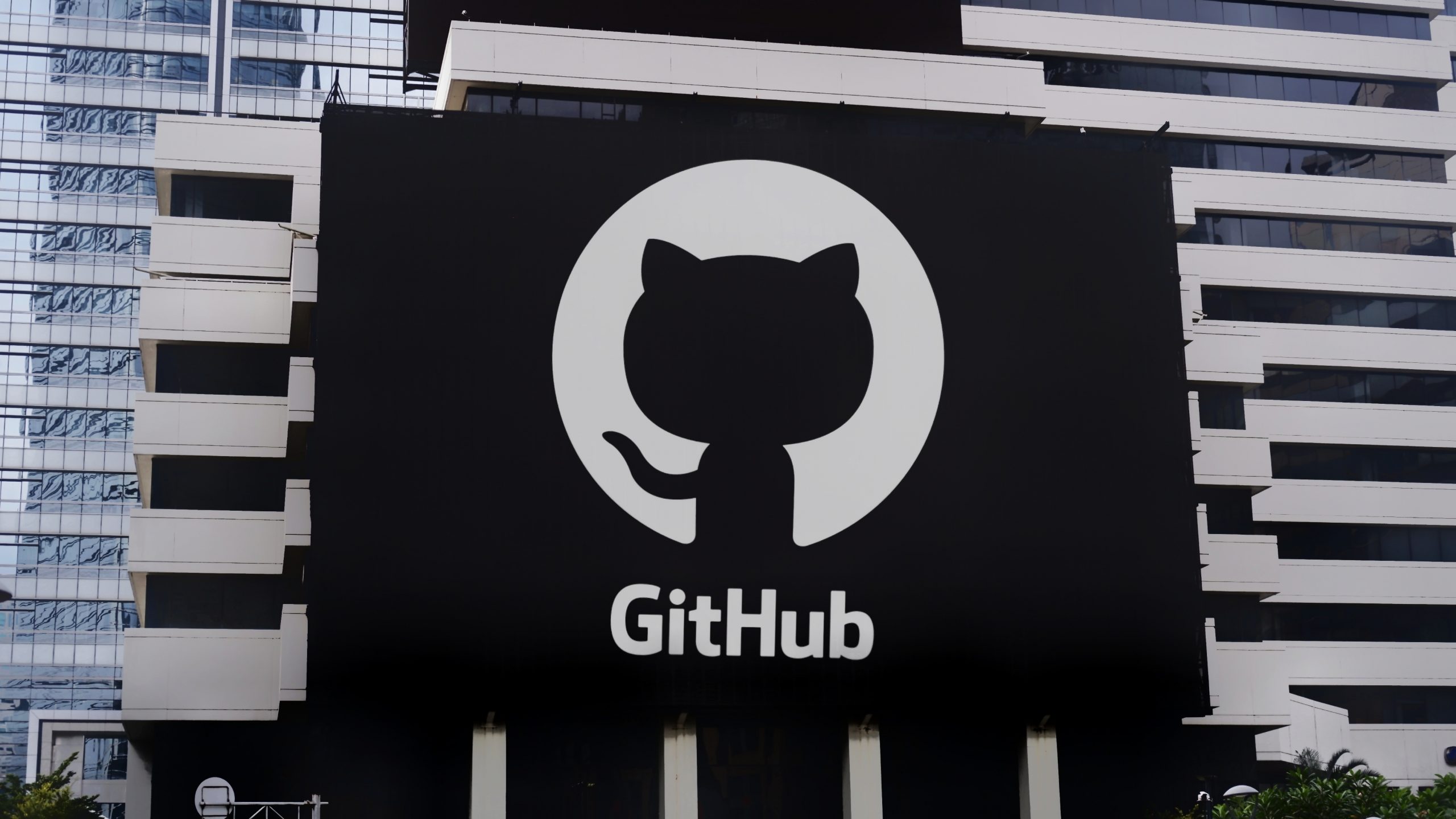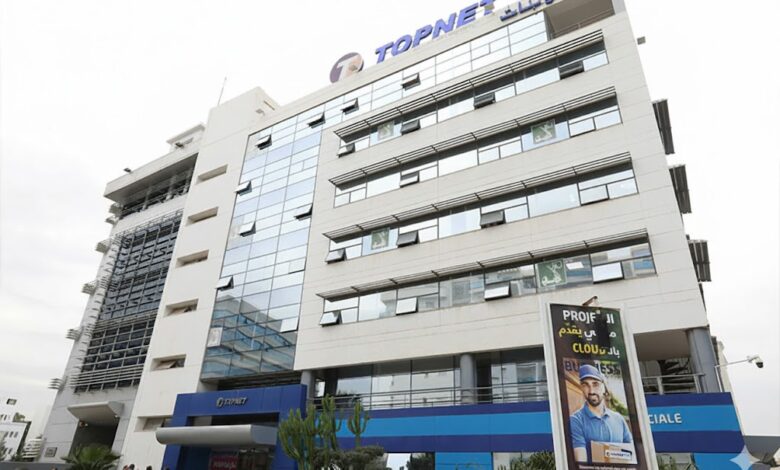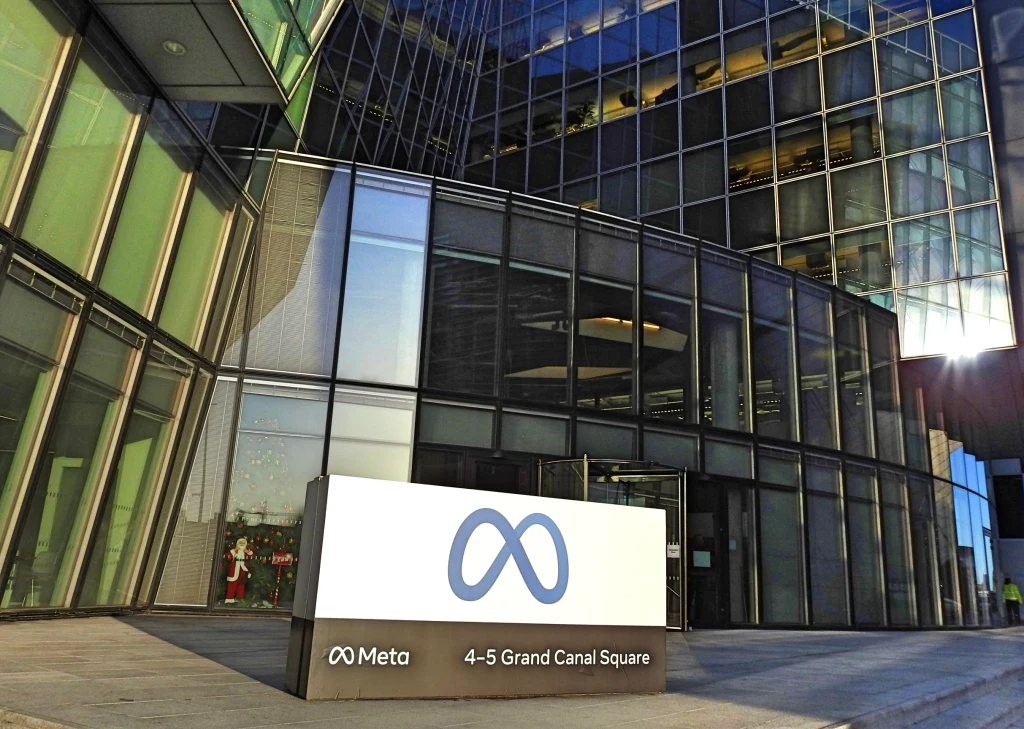Alibaba Cloud has released Qwen2.5-Coder, a powerful new series of open-source artificial intelligence models specifically designed to assist with software development. The release, which includes models of various sizes, is a significant contribution to the global open-source community and provides a powerful new tool for developers worldwide.
By the Numbers
- 5.5 Trillion: The number of tokens the models were trained on.
- 92: The number of programming languages supported.
- 128K: The maximum context window (in tokens) for long-context understanding.
- 32 Billion: The number of parameters in the largest model in the series.
A Powerful New Tool for Developers
Qwen2.5-Coder is a sophisticated coding assistant capable of understanding and excelling at code generation, reasoning, and fixing bugs. Its largest 32-billion parameter model has demonstrated state-of-the-art performance, with benchmarks showing its coding abilities matching those of proprietary models like OpenAI’s GPT-4o. The model series also maintains strong capabilities in mathematics and general language tasks, making it a versatile foundation for building code-centric AI agents.
A Commitment to the Open-Source Community
By releasing the Qwen2.5-Coder series under the permissive Apache 2.0 license, Alibaba Cloud is making state-of-the-art technology freely available for both commercial and research use. This approach fosters collaboration and innovation, allowing anyone to use, modify, and build upon the model’s capabilities for their own projects, positioning it as a strong competitor to other open-source models like Meta’s Code Llama.
About Alibaba Cloud
Alibaba Cloud is the digital technology and intelligence backbone of Alibaba Group. It is one of the world’s leading cloud computing providers, offering a comprehensive suite of cloud services to businesses globally, with a strong focus on artificial intelligence and data analytics.
Looking Ahead
The release of powerful, open-source coding models like Qwen2.5-Coder is set to accelerate the pace of technological innovation globally. For startups and developers in the MENA region, free access to such advanced tools can lower the barrier to entry for building sophisticated software, helping to level the playing field and foster a more dynamic and competitive tech ecosystem.
Source: Tech in Asia













